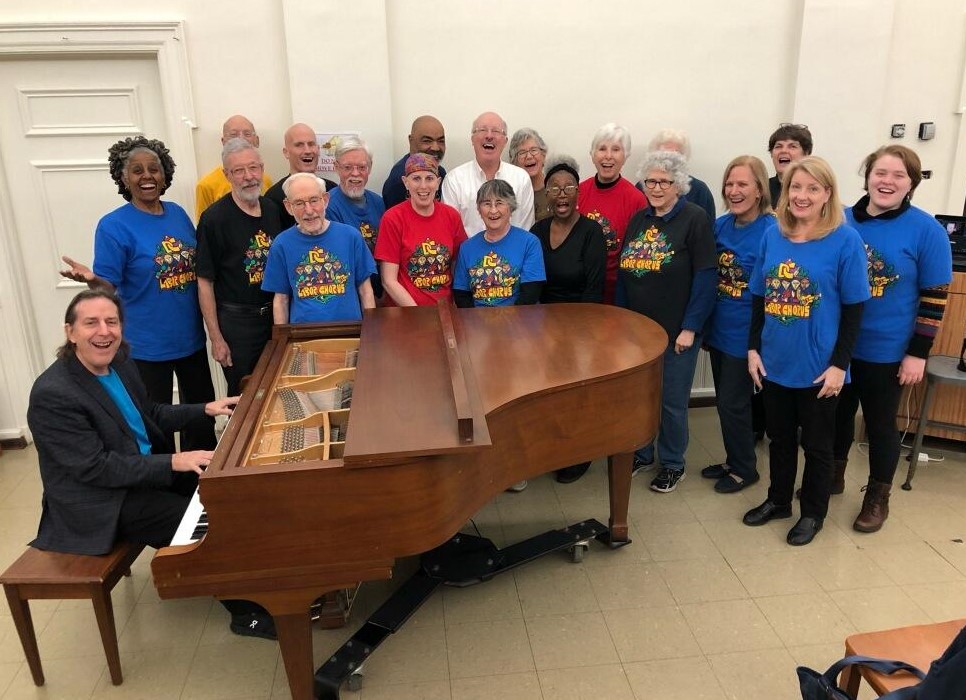To help spur investment and reinvestment in housing in Takoma Park, the city council is considering a proposal to offer tax credits for construction, preservation , and reinvestment in housing.
The program involves four separate tax credits—which still must be passed by the city council—that implement the city’s Housing and Economic Development Strategic Plan. The plan was passed in 2019 and aims to preserve the city’s existing affordable housing, produce new housing as well as provide new homeownership opportunities, and protect current residents from displacement.
The Housing and Economic Development Plan was adopted after more than three years of in-depth research, staff facilitation, community engagement, and council deliberation. The resolution is a comprehensive plan that outlines the Council’s strategic vision for guiding the city’s growth and development over the next decade.
“We did this work to get a housing and economic plan that sets the strategies from 2019 to 2030,” said Housing Manager Devin McNally . “Part of that was recognizing we need more housing of all kinds. This is aimed at implementing that high-level strategy by investing in our existing housing and preserving the housing for our most vulnerable residents. It’s trying to move the needle in three different directions, choice, stability , and quality.”
Rental Housing Tax Credit
The first of the four proposed tax credits is to encourage the creation of new rental housing. It will be a by-right 15-year tax credit for any property constructing 10 or more net new residential units. After a property is developed, it will have an increased tax assessment, and the credit would be for the additional value created by the project. For the first 10 years, the property would only pay the property tax they had been paying before they built the new housing. The property tax would then increase over fi ve years until the credit expires. There are currently 390 parcels in the city zoned for multi-family development.
In cases of redevelopment—in which the property owner adds additional units to a building—the tax credit would be scaled to only provide incentives for new units created. So if a 90-unit building is redeveloped into a 100-unit building, the adjustment would be the net number of new units (10) divided by the project size (100) for a credit that would be 10% of what it could be.
“Our multi-family buildings are all aging, and most are 50 years old,” said McNally. “We’re hoping for 200 additional rental homes in the city over the next 10 years. It takes time for these projects to get going, so we’re hoping people start looking at the city for new, high quality development.”
Missing Middle Housing Construction Credit
The second tax credit is a Missing Middle Housing Construction Credit, meant to incentivize smaller scale, multi-unit ownership opportunities.
These credits are for smaller units, like townhomes, duplexes , and cottage courts—typically five to 20 units around a common area.
“The idea is that we want to encourage things like duplexes, triplexes, townhomes,” McNally said. “Instead of building a McMansion, we’re encouraging smaller scale homeownership opportunities.”
Affordable Housing Preservation Credit
The third tax credit is an Affordable Housing Preservation Credit meant to safeguard the current provision of difficult-to-provide housing types, like those for extremely low-income, seniors, individuals with disability, and people who need transitional housing.
“This is for deed-restricted housing. These are houses that have a contract with the government for affordable housing,” said McNally. “These are mostly operated by nonprofits offering affordable housing. ”
Housing Reinvestment Credit
The final credit is a Housing Reinvestment Credit meant to encourage proactive investment and upgrades in multifamily buildings.
This will be a competitive credit for multifamily properties that invest at least $6,500 per unit in substantial upgrades and do not displace any residents. Allocations would be based on affordability level, proposed scope, and history of citations/ violations.
The city chose to propose tax credits for a number of reasons, including that they provide predictable financial support; the credit value is proportional with private investment; tax credits allow for higher subsidies than the city could provide with a grant or loan; and that Housing Reserve Fund and General Fund Dollars are limited and are required up front.
Helpful Links
This article appeared in the September Edition of the Takoma Park Newsletter. Check out this article and more on the City webpage.


